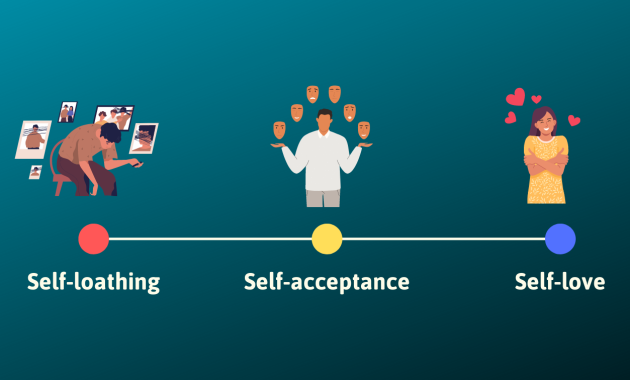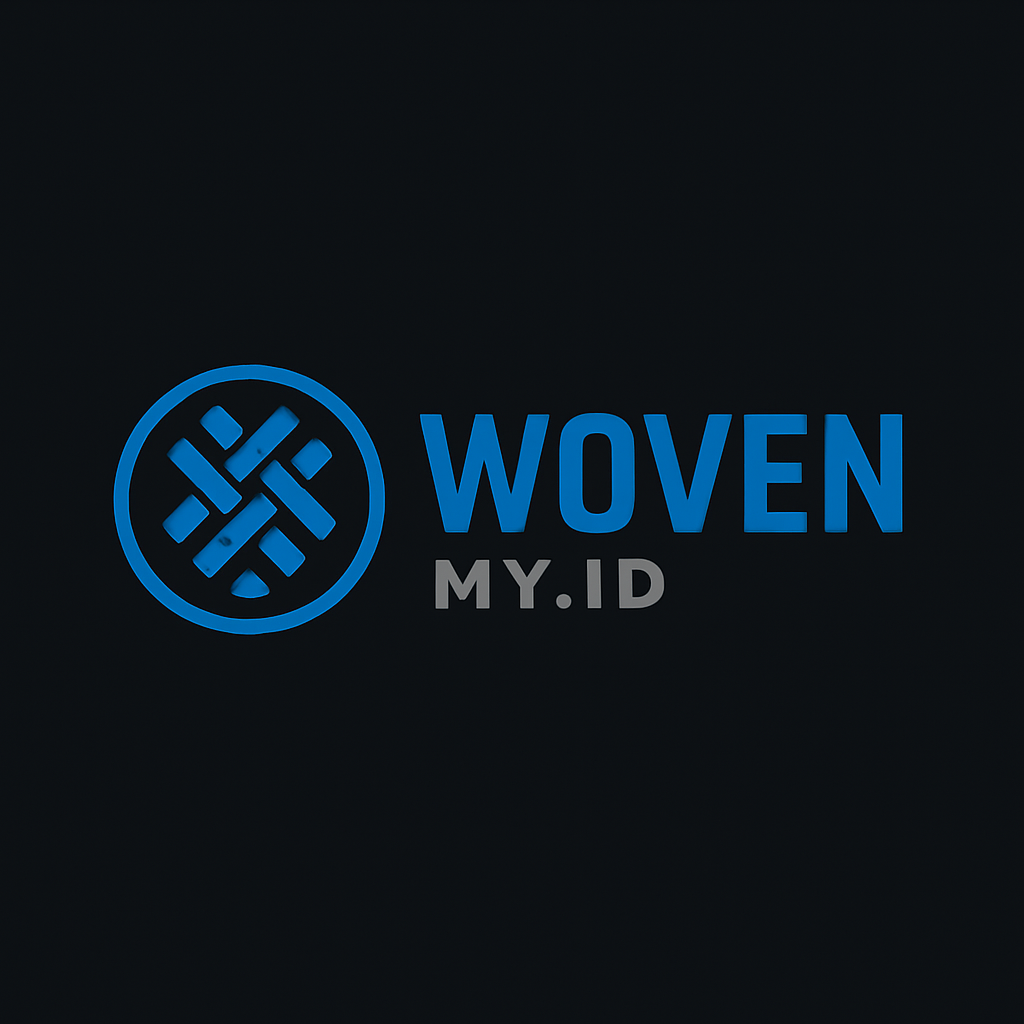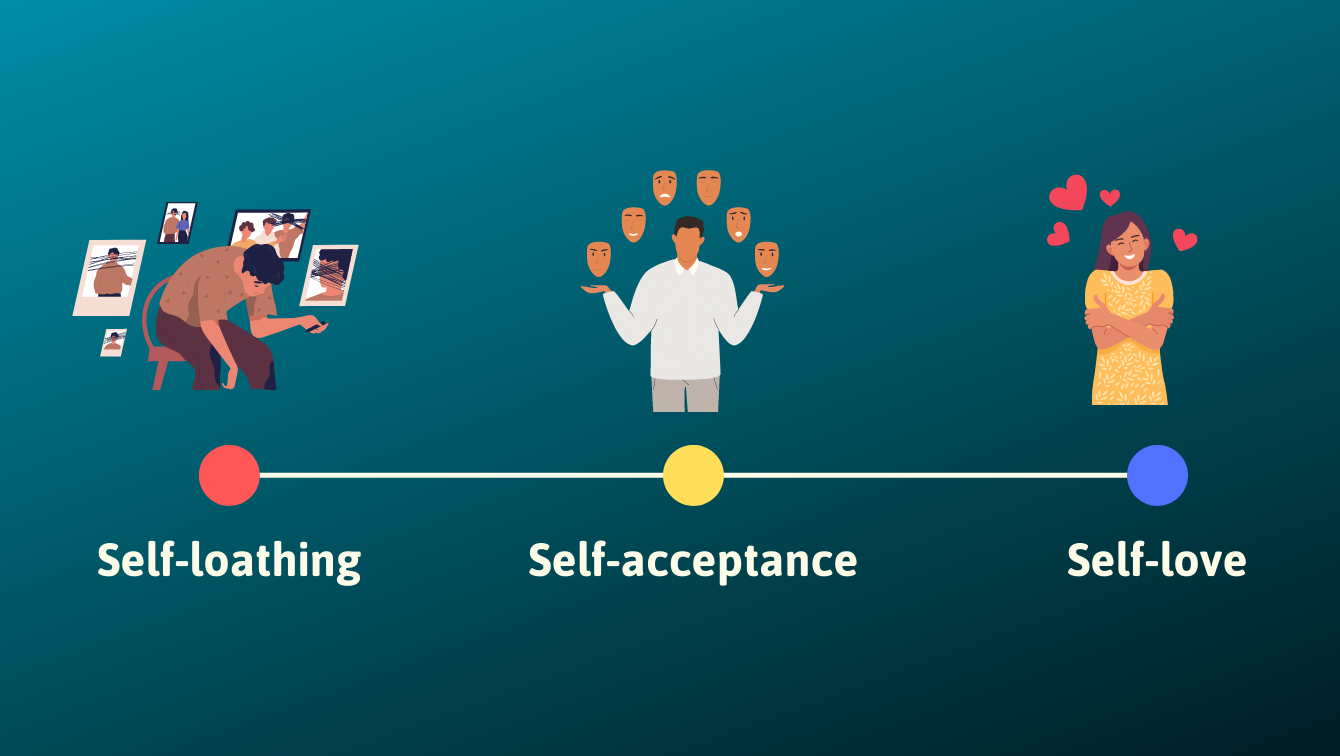
Self-Service Business Intelligence Software Your Team Needs: A Comprehensive Guide
In today’s fast-paced business environment, data is king. Businesses across all sectors are striving to harness the power of their data to make informed decisions, optimize operations, and gain a competitive edge. This is where self-service business intelligence (BI) software comes into play. This guide delves into the world of self-service business intelligence software, exploring its benefits, features, and how your team can leverage it for success.
The traditional approach to business intelligence often involved complex processes, requiring specialized IT expertise to extract, analyze, and interpret data. This was time-consuming and often resulted in delayed insights. Self-service business intelligence software, however, empowers business users with the tools they need to analyze data independently. This shift allows for faster decision-making and a more agile approach to business intelligence.
What is Self-Service Business Intelligence Software?
Self-service business intelligence software is designed to put the power of data analysis directly into the hands of business users, regardless of their technical skills. It provides intuitive interfaces and user-friendly features that allow individuals to explore data, create reports, and generate insights without relying heavily on IT or data science teams. This means that marketing teams, sales teams, finance teams, and other departments can access and analyze the data they need to make better decisions.
This type of software typically offers a range of capabilities, including data visualization, data preparation, data exploration, and reporting. Users can connect to various data sources, such as databases, spreadsheets, and cloud-based applications. They can then create dashboards, charts, and reports to visualize data trends, identify patterns, and gain valuable insights. The key is the accessibility and ease of use.
Benefits of Implementing Self-Service Business Intelligence Software
Implementing self-service business intelligence software offers a multitude of advantages for businesses. Some of the key benefits include:
- Faster Decision-Making: By empowering users to access and analyze data independently, self-service BI software accelerates the decision-making process. Insights can be generated quickly, allowing businesses to respond to market changes and opportunities more effectively.
- Improved Data Literacy: The use of self-service BI software promotes data literacy across the organization. Users become more familiar with data and its potential, leading to a data-driven culture.
- Reduced Reliance on IT: Self-service BI software reduces the burden on IT departments. Business users can perform their own data analysis, freeing up IT resources to focus on other critical tasks.
- Increased Agility and Flexibility: Businesses can adapt more quickly to changing market conditions and customer demands. Self-service BI software enables users to explore data, identify trends, and make informed decisions in a more agile manner.
- Cost Savings: While there is an initial investment in software, the long-term cost savings can be significant. Reduced reliance on IT, faster decision-making, and improved operational efficiency contribute to a positive return on investment.
- Enhanced Collaboration: Many self-service BI tools offer features that facilitate collaboration. Users can share reports, dashboards, and insights with colleagues, fostering a more collaborative environment.
Key Features to Look for in Self-Service BI Software
When evaluating self-service business intelligence software, it’s important to consider the features that will best meet your team’s needs. Some of the essential features include:
- Data Connectivity: The software should seamlessly connect to a wide range of data sources, including databases, cloud applications, spreadsheets, and APIs.
- Data Preparation: Features for cleaning, transforming, and preparing data for analysis are crucial. This includes data cleansing, data blending, and data modeling capabilities.
- Data Visualization: Robust data visualization capabilities are essential for creating impactful dashboards, charts, and reports. The software should offer a variety of chart types and customization options.
- Reporting and Dashboards: The ability to create and share interactive reports and dashboards is a core requirement. Users should be able to easily design and customize reports to meet their specific needs.
- User-Friendly Interface: The software should have an intuitive and user-friendly interface that is easy to navigate and use, even for non-technical users.
- Mobile Accessibility: The ability to access reports and dashboards on mobile devices is increasingly important for on-the-go decision-making.
- Collaboration Tools: Features that facilitate collaboration, such as the ability to share reports, dashboards, and insights with colleagues, are highly valuable.
- Security and Governance: The software should offer robust security features to protect sensitive data and ensure compliance with data privacy regulations.
Choosing the Right Self-Service Business Intelligence Software
Selecting the right self-service BI software for your team requires careful consideration of your specific needs and requirements. Here are some factors to keep in mind:
- Identify Your Needs: Determine the specific data sources, analysis requirements, and reporting needs of your team.
- Evaluate Software Options: Research and evaluate different self-service BI software vendors, considering their features, pricing, and ease of use.
- Consider Scalability: Choose software that can scale to meet your growing data and analysis needs.
- Assess User-Friendliness: Prioritize software with an intuitive and user-friendly interface.
- Prioritize Data Security: Ensure the software offers robust security features to protect your data.
- Seek Vendor Support: Choose a vendor that provides excellent customer support and training.
- Consider a Free Trial: Before making a decision, consider a free trial to test the software and ensure it meets your needs.
Examples of Self-Service Business Intelligence Software
Several excellent self-service business intelligence software options are available on the market. Here are some popular examples:
- Tableau: A leading self-service BI platform known for its powerful data visualization capabilities and user-friendly interface.
- Microsoft Power BI: A comprehensive BI platform that integrates seamlessly with Microsoft products. It offers a wide range of features, including data preparation, data modeling, and data visualization.
- Looker: A cloud-based BI platform that focuses on data modeling and collaboration. It is well-suited for organizations with complex data needs.
- Qlik Sense: A self-service BI platform that uses an associative data model, allowing users to explore data in a more intuitive way.
- Sisense: Designed for ease of use and speed. It offers data preparation, visualization and dashboarding in a single platform.
Implementing Self-Service BI Software: Best Practices
Successfully implementing self-service business intelligence software requires a well-defined plan and commitment. Here are some best practices:
- Define Clear Goals: Establish clear goals and objectives for your self-service BI initiative.
- Provide Training and Support: Offer comprehensive training and ongoing support to ensure users can effectively utilize the software.
- Establish Data Governance: Implement data governance policies to ensure data quality, security, and compliance.
- Promote Data Literacy: Encourage a data-driven culture by promoting data literacy across the organization.
- Monitor and Evaluate: Regularly monitor the performance of the software and evaluate its impact on your business.
- Start Small and Scale Up: Begin with a pilot project and gradually expand the implementation to other departments.
The Future of Self-Service Business Intelligence
The future of self-service business intelligence is bright. We can expect to see continued advancements in several areas:
- Artificial Intelligence (AI) and Machine Learning (ML): AI and ML will play an increasingly important role in self-service BI, automating data analysis, providing predictive insights, and enhancing data visualization.
- Cloud-Based Solutions: Cloud-based BI platforms will continue to gain popularity, offering greater scalability, flexibility, and cost-effectiveness.
- Data Democratization: The trend towards data democratization will continue, with more businesses empowering all employees to access and analyze data.
- Enhanced User Experience: User interfaces will become even more intuitive and user-friendly, making it easier for non-technical users to work with data.
- Integration with Business Applications: BI tools will become more seamlessly integrated with other business applications, such as CRM and ERP systems.
Self-service business intelligence software is no longer a luxury; it is a necessity for businesses that want to thrive in today’s data-driven world. By implementing the right self-service BI software and following best practices, your team can unlock the power of your data, make better decisions, and achieve a competitive advantage. [See also: Benefits of Business Intelligence for Small Businesses] [See also: Choosing the right BI solution]

